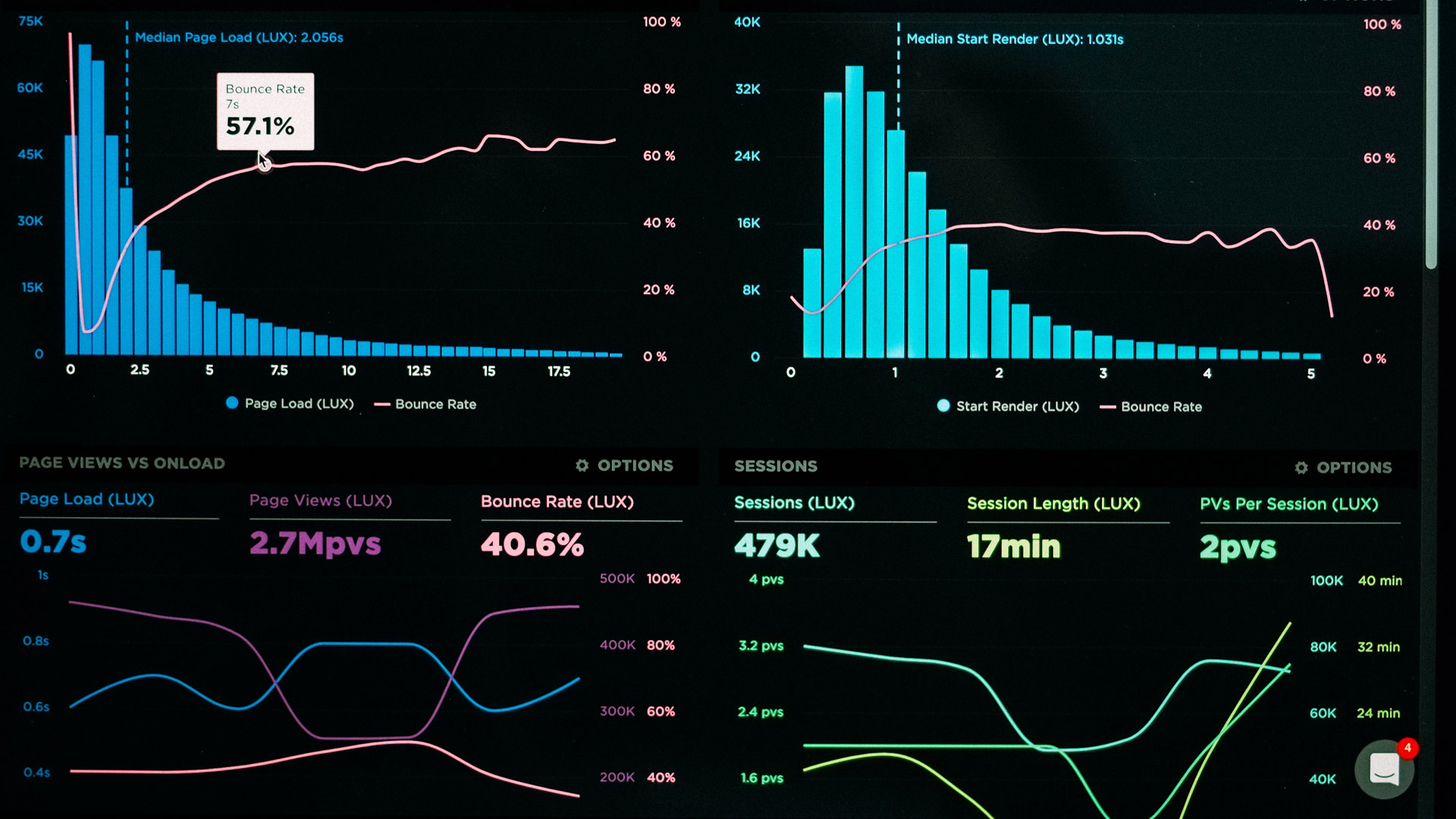Liquidity Risk
Liquidity risk is the risk that investors will not be able to dispose of a securities position quickly and at a price related to recent transactions. This type of risk tends to increase as the amount of trading in a particular security decreases.


Opportunity Risk
Investors who are planning to hold bonds until they mature may feel that they do not need to be concerned if a bond's market price declines because of an increase in interest rates. After all, as long as the issuer does not default, they will receive the bond's par value ones it matures. The problem with this perspective is that it does not take into account the higher interest that the investors might have earned in alternative investments, otherwise know as opportunity risk.
Currency (Exchange-Rate) Risk
This is the possibility that the value of foreign investments will be worth less in the future due to variances in the exchange rates.
Exchange rates can be affected by a number of factors including interest rates. If interest rates in the United States are higher than interest rates overseas, foreign investors wishing to earn higher rates will want to invest in the United States. In order to do so, they must first convert their funds into dollars. As the demand for dollars increases, the exchange rate for dollars will increase. Thus higher U.S. higher interest rates compared to foreign yields will lead to a stronger dollar.
The opposite may occur if interest rates in European Union, Japan, or other developed countries are higher than U.S. rates.
Duration allows for the comparison of interest-rate risk among securities with different coupons, maturities, and credit quality. Longer maturities and lower coupon rates and yields all create higher durations. Bonds with a duration of one to three years have minimal interest-rate risk and are considered conservative. Those with durations of longer than seven years have greater interest-rate risk.

Reinvestment Risk
This is the risk an investor will not be able to reinvest her principal at the same interest rate after a bond matures or is called. This situation typically occurs when interest rates are falling. The investor usually has two choices- accept a lower rate of returns, or assume a higher degree of risk to keep her returns stable.
Regulatory Risk
Regulatory risk (also called legislative risk) is the possibility that new laws or regulations may have a negative impact on the investment value. Changes in the law can occur at any level of government and can potentially affect all sorts of investments.
If the dollar is strengthening against foreign currencies, then U.S. goods and services will become more expensive for those living in foreign countries. This should result in an increase in the importation of foreign goods into the United States and a decrease in the exportation of U.S. goods to other countries. As a result, the U.S. balance of trade will worsen and the trade will increase.
A weakening dollar should produce the opposite effect. U.S. goods and services will become less expensive for those living in foreign counties, causing exports to increase and imports to decrease. Thus, a weakening dollar will have a positive impact on the U.S. balance of trade and trade deficit.

Complexity Risk
This is the risk associated with using different options strategies, such as buying and writing multiple options in combination, or buying or writing options in combination with buying or selling short the underlying securities. Combination transactions are more complex than buying or writing a single option and present additional risk for investors.
We would love to hear from you.
248-548-8400 • [email protected]
